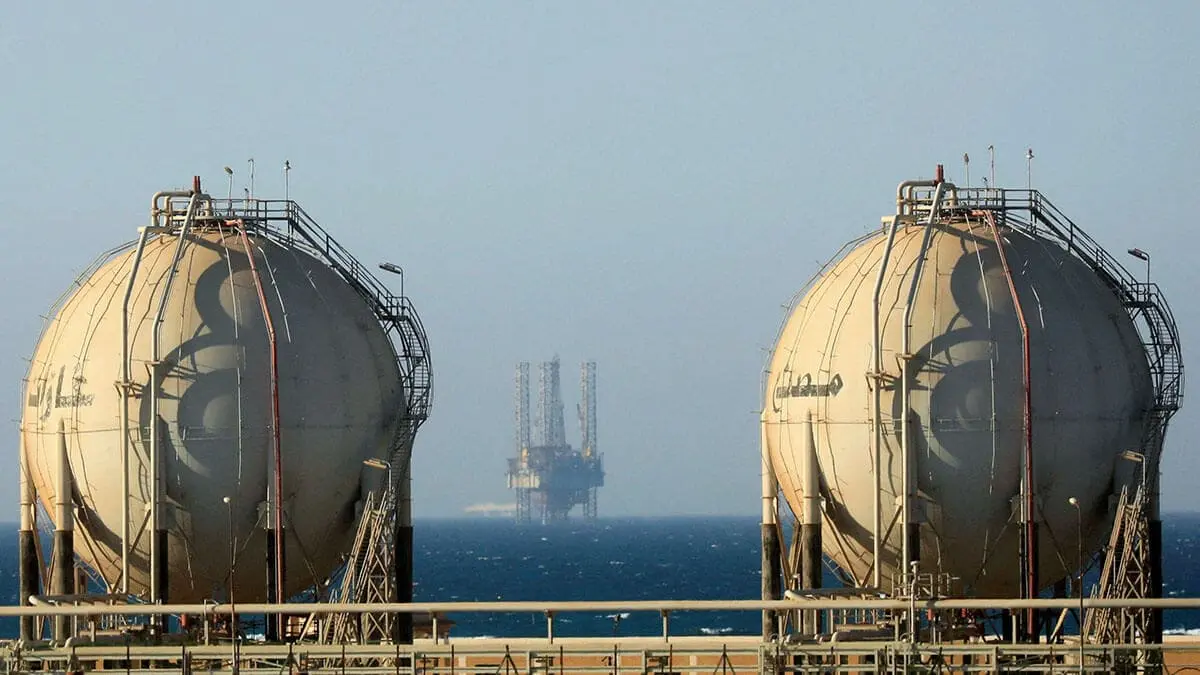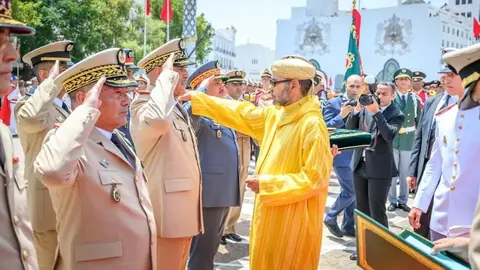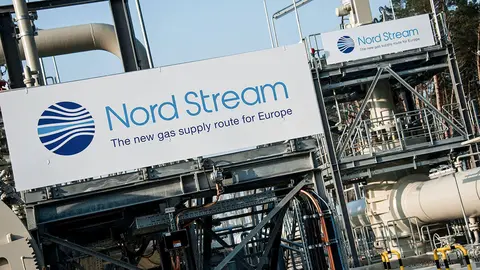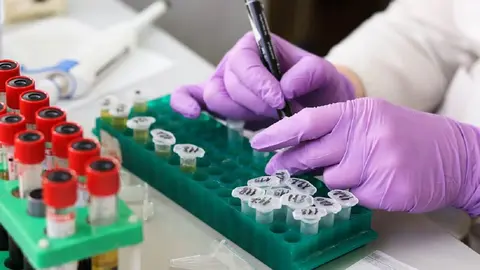Spanish gas flows to Morocco, while exports to Europe take a back seat

In the last year, Spain has significantly increased its exports of natural gas to Morocco, while reducing the supply of this resource to European countries such as Italy, according to a recent report by the Spanish media outlet Vozpópuli.
Data provided by CORES, the Spanish agency in charge of strategic petroleum reserves, reveals that gas exports to Morocco accounted for 18.5 per cent of Spain's total gas exports in June 2024. This figure contrasts sharply with the 0.1 per cent recorded in June 2022.
Over the past 12 months, Spain has shipped 9,338 gigawatt-hours of natural gas to Morocco through the Maghreb-Europe pipeline, a 155-fold increase compared to the previous year. As Morocco World News notes, this increase comes in a context where Algeria, previously a key supplier of gas to both Morocco and Spain, shut down a major gas pipeline to Morocco in October 2021, amid diplomatic tensions.

Faced with the need to avoid an energy crisis, Morocco has turned to Spain to take advantage of its regasification infrastructure and import liquefied natural gas (LNG), which can then be transported through pipelines to Moroccan territory.
Algeria, for its part, had warned of the possibility of breaking its supply contract with Spain if any Algerian gas molecules reached Morocco. The Spanish authorities have therefore reiterated on numerous occasions that none of the gas supplies from Algeria are being diverted to Morocco. According to officials, a specific plan is in place to avoid this scenario and thus preserve the critical energy relationship between Madrid and Algiers.
Despite the increase in exports to Morocco, Spain has decreased its gas exports to Italy. The pipeline connecting Barcelona to Livorno, which uses smaller LNG tankers, accounted for 18.4% of Spanish gas exports in 2023. However, by June 2024, this share dropped to 4.4%, according to CORES data.
Italy, which was severely affected by Russian gas supply cuts, has managed to reach storage levels above 90% thanks to new direct agreements with Algeria. There is speculation in the industry suggesting that the decline in cooperation between Spain and Italy could also be related to tensions in diplomatic relations between the two governments.

Despite these changes in export dynamics, Spain continues to obtain 29.6% of its gas from Algeria and another 19% continues to come from Russia, despite supply disruptions.
In short, the notable increase in Spain's gas exports to Morocco reflects a strategic adaptation to the reconfiguration of energy relations in the Mediterranean, marked by diplomatic tensions and adjustments in supply routes. At the same time, the decline in exports to Italy suggests a shift in Spain's energy priorities, which could have both political and economic implications in the near future. Spain's ability to maintain balanced relations with Algeria and Morocco will be crucial to securing its position as a key player in the region's energy market.
All this bearing in mind the excellent diplomatic relations that now exist between Spain and Morocco, favourably enhanced following the Spanish government's determination to support the Moroccan proposal for Western Sahara as the most serious, credible and realistic way of resolving the Saharawi dispute.











